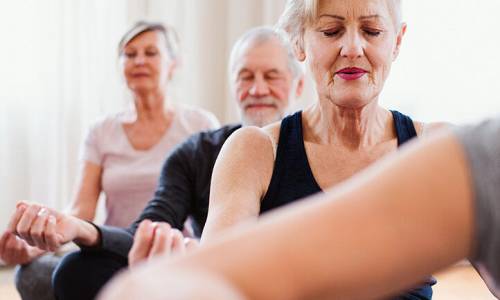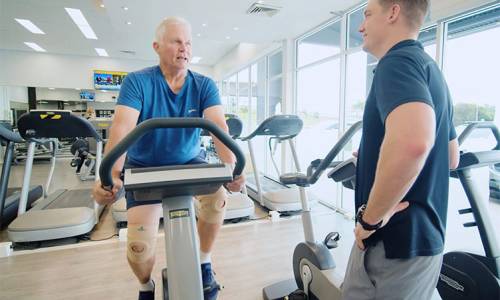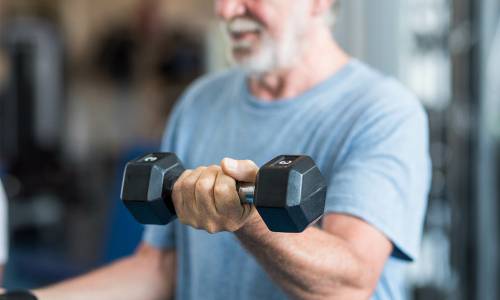COVID-19 is a respiratory illness caused by a new virus. Symptoms include fever, coughing, a sore throat and shortness of breath. The virus can spread from person to person, but good hygiene can prevent infection. Find out who is at risk and what you should do if you think you have COVID-19.
Coronaviruses are a large family of viruses that cause respiratory infections. These can range from the common cold to more serious diseases. COVID-19 is a disease caused by a new form of coronavirus. It was first reported in December 2019 in Wuhan City in China. Other coronaviruses include Middle East Respiratory Syndrome (MERS) and Severe Acute Respiratory Syndrome (SARS).
Symptoms of COVID-19 can range from mild illness to pneumonia. Some people will recover easily, and others may get very sick very quickly.
People with coronavirus may experience:
– fever
– flu-like symptoms such as coughing, sore throat and fatigue
– shortness of breath
If you are concerned you may have COVID-19:
– use the symptom checker
– see how to seek medical attention
– see more about testing
Answer questions about your symptoms to see if you need to seek medical help or get tested. This tool is available online at any time. If you do not have any symptoms, you should still protect yourself and others.
The virus can spread from person to person through:
– close contact with an infectious person (including in the 24 hours before they started having symptoms)
– contact with droplets from an infected person’s cough or sneeze
– touching objects or surfaces (like doorknobs or tables) that have cough or sneeze droplets from an infected person, and then touching your mouth or face
COVID-19 is a new disease, so there is no existing immunity in our community. This means that COVID-19 could spread widely and quickly. See how to protect yourself and others.
In Australia, the people most at risk of getting the virus are:
– travellers who have recently been overseas
– those who have been in close contact with someone who has been diagnosed with COVID-19
– people in correctional and detention facilities
– people in group residential settings
People who are, or are more likely to be, at higher risk of serious illness if they get the virus are:
– Aboriginal and Torres Strait Islander people 50 years and older with one or more chronic medical conditions
– people 65 years and older with chronic medical conditions
– people 70 years and older
– people with compromised immune systems
At this stage the risk to children and babies, and the role children play in the transmission of COVID-19, is not clear. However, there has so far been a low rate of confirmed COVID-19 cases among children, relative to the broader population. There is limited evidence at this time regarding the risk in pregnant women. See the advice for people at risk.

The Australian TeleHealth program enables patients to receive a subsidy to get free exercise advice while in isolation.
Your doctor or treating health professional will determine if TeleHealth is an appropriate and available option for you based on your individual circumstances.

We offer a health and wellness Club Active App membership to provide you with a state of the art online exercise platform, under the guidance of an Exercise Physiologist.
This is the perfect membership for you, if you are looking for something to keep you on track and so you can continue moving at home.

When you become a part of the Club Active Community you are joining a group of people dedicated to helping you improve your health and fitness.
Individuals share their well-being experience within our community Facebook Group knowing it’s within a fun, supportive and non-intimidating environment.